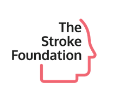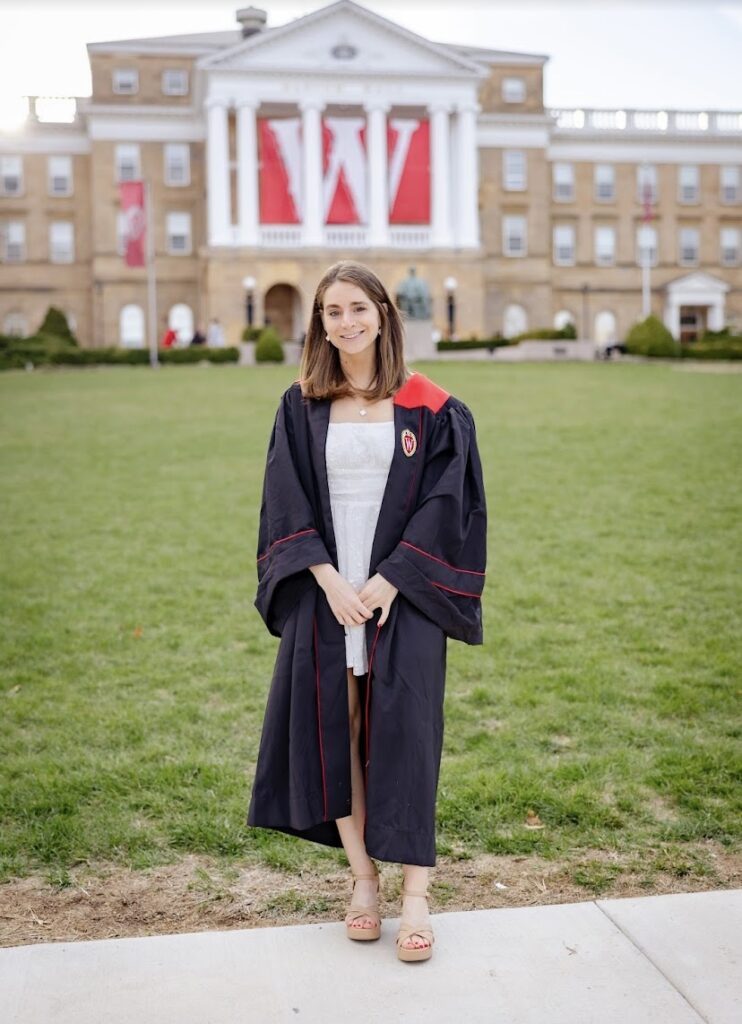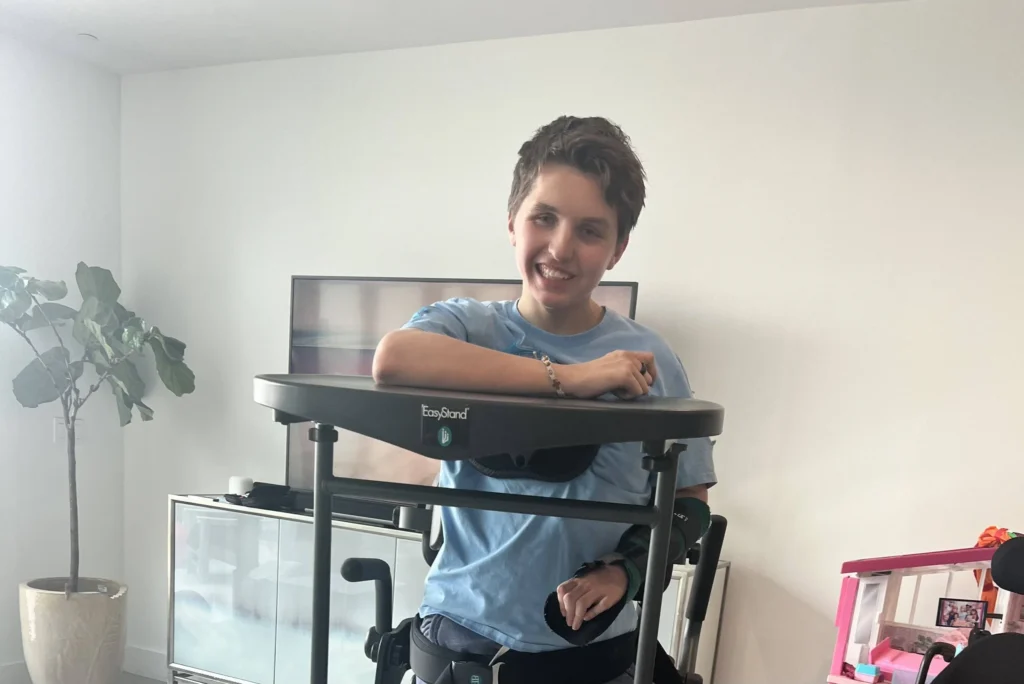For many people stroke rehabilitation begins at the hospital, usually as soon as you’re awake. There is a wide array of medical professionals involved in the rehabilitation process — in this article we will introduce them and give you an overview of what they’re there to help with.
- Primary care doctors and nurses
- This is your main team — you will see them often and they’re there for you at any time. You may have two or three doctors of different specialties and a rotating team of nurses. If, for example, your stroke affected your heart, it’s iey a cardiologist will be part of this team.
- Neurologists
- The neurologist is your main brain expert — he or she will often come by to check in on you, request certain scans or imaging studies, and discuss with you the progress related to your brain injury.
- Physiatrists
- A physiatrist is an expert in physical recovery. This expert will help you manage pain, recover mobility and strength, and work with other experts to help you in your rehabilitation.
- Neuropsychologists
- A neuropsychologist is a brain expert that specializes in measuring the impact of the store on your cognitive abilities and helping your brain recover those functions.
- Physiotherapists
- It’s possible you may lose strength in your legs, arms, abdomen, neck and back, especially if you are in a hospital bed for a few days. Your physio will work with you, usually every day, to get you back to having enough strength to start a proper physical rehabilitation program.
- Occupational therapists
- Occupational therapists worry about the day-to-day: brushing your teeth, brushing your hair, getting dressed, taking a bath, cooking and eating, and everything in between. At first your OT will conduct tests to see how many of these essential activities have been impacted and then provide you with a program to follow if necessary.
- Speech therapists
- Aphasia and dysphagia are common injuries after a stroke, and speech therapists are trained to help with any problems swallowing, speaking and communicating.
Depending on what your post-stroke recovery looks like, you may also have contact with:
- Dietitians
- Sometimes changes in your diet, due physical impairment or a change in your nutrition, will be necessary. A dietitian will assess your needs and provide you with a detailed plan to follow.
- Social workers
- You and your family may experience serious difficulties with coming to terms with the new life you’re embarking on, adjustments you will need to make at home, or other emotional problems. A dedicated case manager may be assigned to assist you and your family with that transition.
Usually this team of experts will have a meeting with you and your primary carer, to go over any concerns and questions you may have. It’s important to ask as many questions as you need answers to, as them to explain anything you don’t fully understand. Also, be sure to communicate clearly and honestly what your living situation is so that they can better help you in your transition out of the hospital.
Having a team of experts, each dedicated to a specific part of stroke recovery, has proven to have a significant positive impact on patients’ recovery. Stroke rehabilitation starts at the hospital but does not end there. Once you go back home, it is likely you will have outpatient sessions with physical and occupational therapists, psychologists, and follow up appointments with your neurologist.
Wherever you are in your stroke rehabilitation journey, be sure to have the necessary team of experts to help you achieve your goals.





